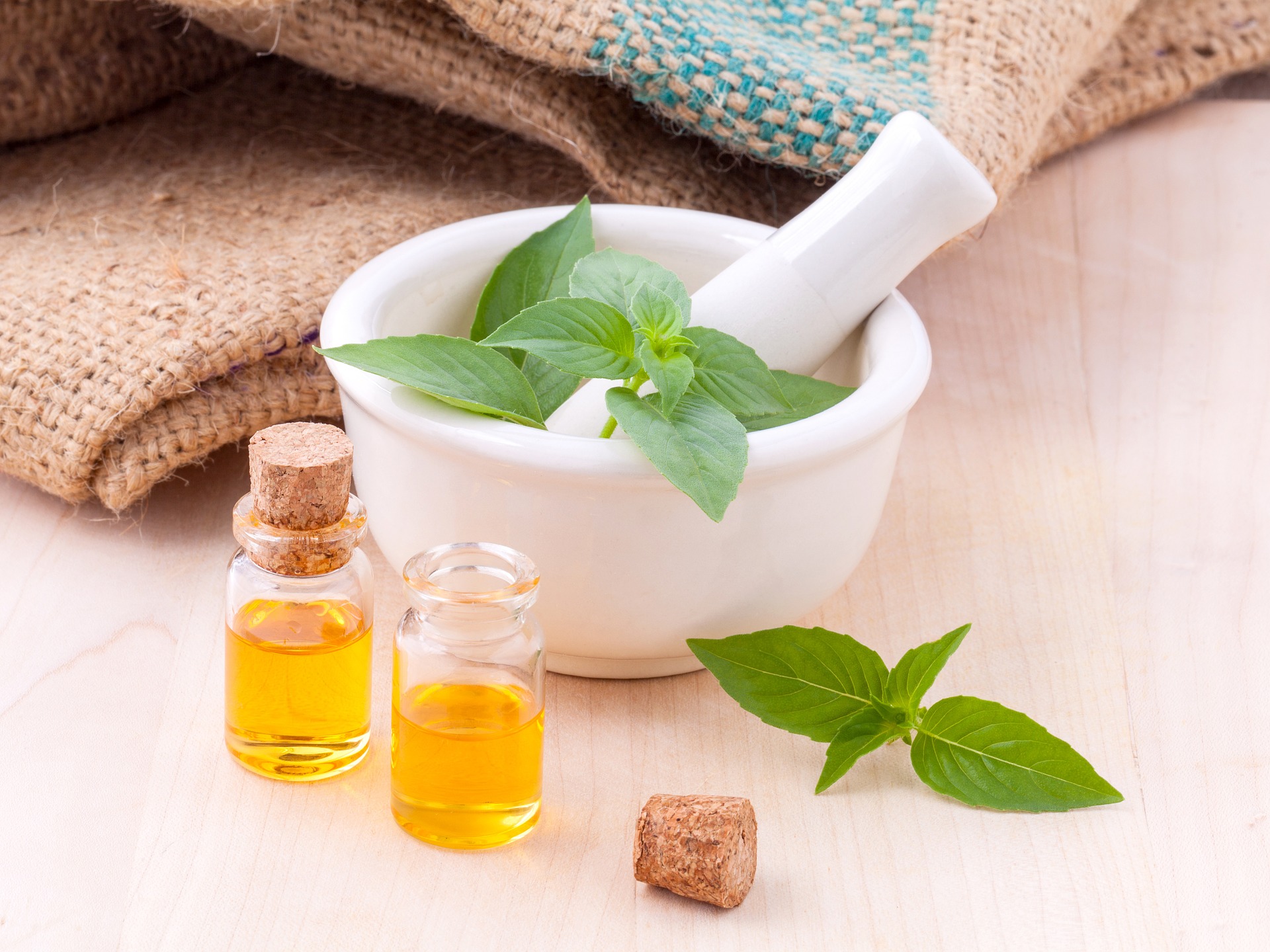Cannabis is becoming more and more popular for its therapeutic properties. Scientific studies, as well as experiences of patients, show beneficial effects on many different types of illnesses and complaints.
A wide range of products are available, sometimes made at home or distributed via web shops. In the midst of this influx, questions arise like: what is legal? And what are the rules and regulations for products on the market? As CBD-containing products and medicinal cannabis are relatively new in most countries, the regulations are not yet very fixed and specified. In general, a lot of regulations for foods and medicines are unified for the EU. However, for hemp and cannabis, most regulations are still made on a national level.
It is important to clarify the difference between a herbal medicine and a herbal health product. A product has to follow the regulations for medicines when it is presented for treating or preventing disease in human beings. So, as soon as a product claims to have a medicinal effect it is legally considered a medicine. The consequence is that to market such a product, it has to meet all kinds of regulations: for example, the medical claim must be scientifically proven, the production process must be controlled following strictly defined procedures, the source of ingredients must be documented, and the product must be registered by the EU or national authorities. All this costs a fortune and only a few companies in the world can go through such an ordeal.
Preparations made of herbs that are not registered as a medicine can be called herbal health products or dietary supplements. However, there can be no mention of specific medicinal benefits. Only general wellness claims are allowed in advertising and labeling, ie; serenity, relief, focus, night use, day use etc.
For a lot of health products, clear descriptions for the effect are laid down in rules. This is, for example, the case for vitamins and minerals, as we presented in last week’s article, CBD is not on that list, and therefore is not yet declared as a food. Here lies the misconception…
 For herbal health products, regulations are less strict than for herbal medicines, but they do have to meet the requirements for dietary supplements and food, like those done by the EFSA (European Food Safety Authority).
For herbal health products, regulations are less strict than for herbal medicines, but they do have to meet the requirements for dietary supplements and food, like those done by the EFSA (European Food Safety Authority).
There are currently no rules for the quality of the raw materials for herbal products, nor for the production techniques or quality control of the final product. Preparations for personal use may be made under your own rules and responsibility. But as soon as the products are sold on the market and on a more industrial scale, the rules become stricter. For example, the authorities must be informed about every food business operator that carries out production, processing or distribution of food (supplements). Every establishment active in this field must be registered.
The most important requirement for the preparation of (herbal) health products is that they must be safe. In general, products may be put on the market without a registration. In national regulations, a country can ask a manufacturer to first show the label of the product to the authorities before it can be sold on the market. Some countries don’t even ask this. In this way, a lot of products can be sold without being controlled by the authorities.
In the case of CBD extracts, questions to be asked include: what is the purity of the extraction solvent used? How can I be sure there are no residues in the final product? Not to mention, the employees have to be instructed to work according to the described HACCP rule (or similar guidelines based on the country) and they must be working in safe conditions.
Our advice to you when opening an operation, working with a manufacturer or buying cannabis-based products, is to see how the working environment can be controlled, what checks and controls are performed, and what ingredients are used. These should be written down in clear procedures, called SOP’s (Standard Operating Procedures).
Although the regulations allow for some flexibility towards small companies, the intention of each manufacturer, large and small, must be to prepare the products as safely as possible. If they decide to inspect you, the authorities can ask for a list of the protocols used.
The recent developments with hemp and CBD as health products have created a lot of unclear situations. Everywhere, authorities are looking for appropriate regulations to deal with this new situation. In the meantime, manufacturers continue putting products on the market. They have to meet the general food and health product regulations and any additional hemp or cannabis rules that are constantly changing.
A lot still needs to be clarified before cannabis-based health products can claim a stable market within the EU.
Keep posted with our newsletter and contact us if you need any assistance in opening or working with a manufacturer or just want to put your cannabis based product on the market. CBD-Testers is here to help you work with the system and not against it.









